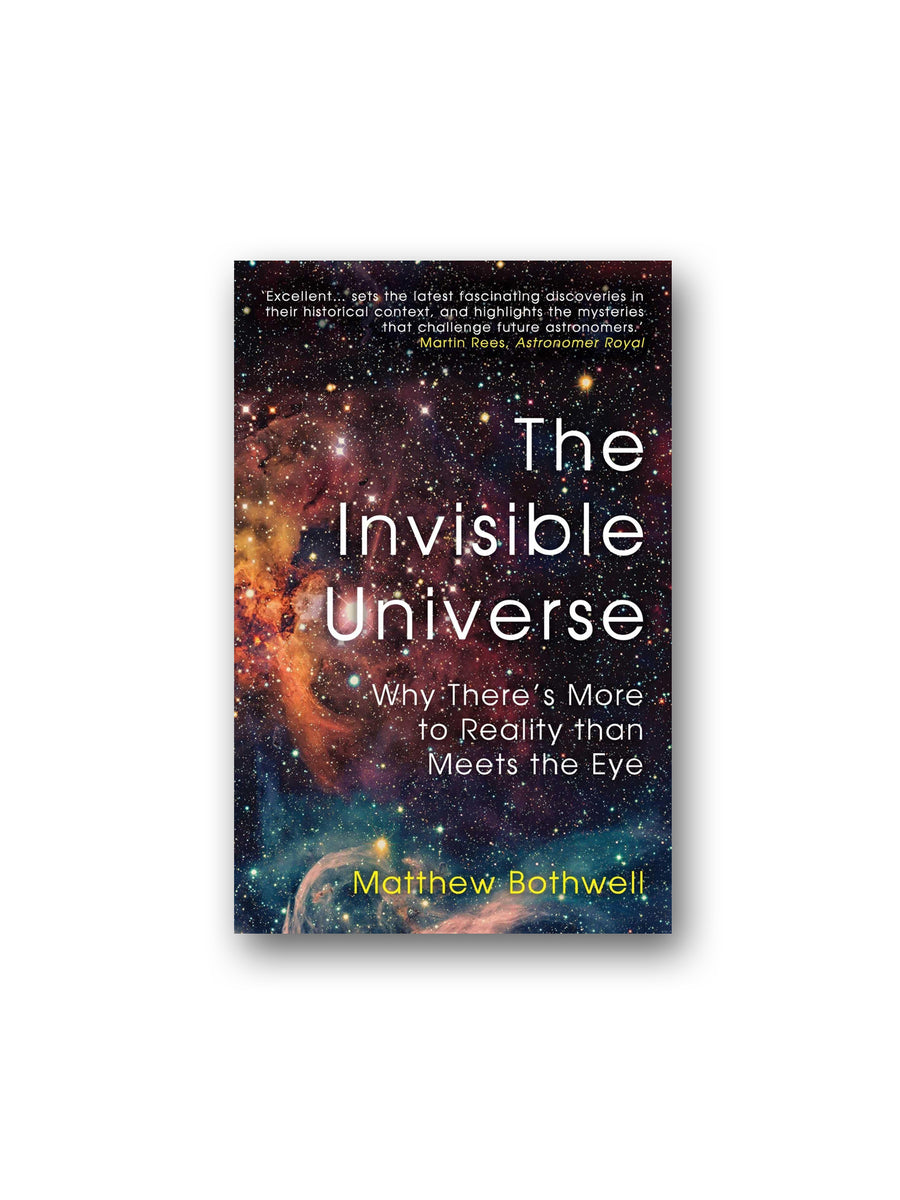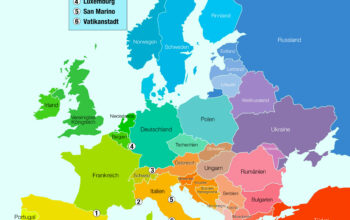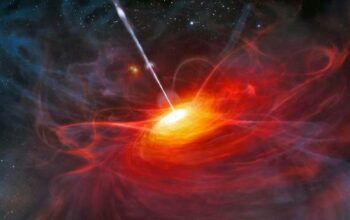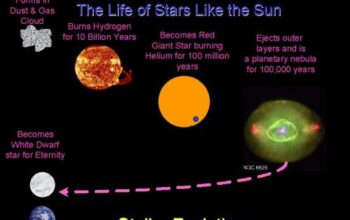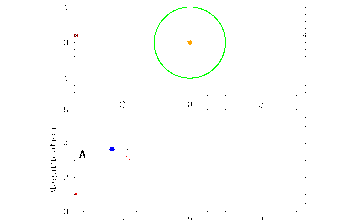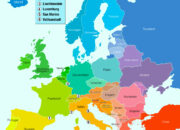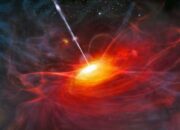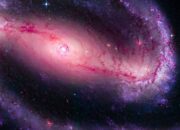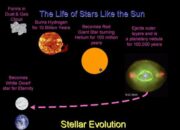Throughout history, humanity has harbored an insatiable curiosity for the cosmos, a vast realm replete with mysteries that transcend the boundaries of human perception. This fascination composes a rich tapestry of inquiry and pursuit, coalescing around the concept of the “Invisible Universe.” In this discourse, the term designates the myriad phenomena that elude direct observation, yet yield profound implications and insights into the nature of reality. The quest to comprehend these elusive entities propels our imaginations and shapes our understanding of existence itself.
To elucidate this obsession, one may consider the metaphor of a hidden landscape, obscured yet deeply influential. Just as landscapes are shaped by invisible forces—wind etching canyons and gravity molding hills—so too is the cosmos sculpted by unseen energies and particles. Dark matter and dark energy epitomize this realm, comprising approximately 95% of the universe’s total energy density. Their presence is inferred through gravitational effects on visible matter, yet they remain fundamentally unobservable, stimulating intellectual fervor and skepticism alike.
Our intrigue with the Invisible Universe also reflects a psychological imperative. The phenomena that dwell in this domain often mirror our internal struggles and existential queries. Take, for instance, the enigmatic nature of black holes—regions of spacetime exhibiting gravitational forces so intense that nothing, not even light, can escape their grasp. Symbolically, black holes represent the unknown terrors that lurk beneath the surface of consciousness. They compel us to confront the innate fears of oblivion and the uncanny, driving a wedge between the known and the unknowable. In this interplay between profundity and dread, we find a potent source of interest.
The appeal of the Invisible Universe extends beyond a mere fascination with the unknown; it bears significant ontological implications. The underlying alchemy of existence hinges upon our understanding of what lies beyond our perceptual capabilities. As physicists endeavor to articulate the fundamental workings of the universe, they confront the limitations of empirical inquiry. The paradox of measuring the immeasurable propels theoretical frameworks such as quantum mechanics and string theory. These paradigms challenge our conventional understanding of physical laws, inviting a re-evaluation of the very nature of reality itself.
Moreover, the narrative of scientific progression often hinges upon the pursuit of the opaque. As we delve into particle physics, the hunt for the Higgs boson exemplifies this quest. Although the existence of this particle was confirmed in 2012, its implications stretch into the realms of mass and energy. The Higgs field, permeating spacetime, is an elixir that bestows mass upon elementary particles. This discovery elucidates the intricate web of forces governing the universe while raising further questions about the constituents of reality—questions that slumber in the shadows of empirical observation.
Central to this obsession is the role of imagination in scientific exploration. In the absence of tangible evidence, theorists and researchers harness creativity to hypothesize and conceptualize the unobservable. Metaphoric language becomes a vessel through which abstract notions are expressed, granting form to ethereal ideas. Take the notion of ‘wormholes,’ hypothetical passages through spacetime that could connect disparate points in the universe. This concept, spurred by the tenets of general relativity, evokes a literary allegory—a bridge cradled within the fabric of reality. It is this blending of art and science that amplifies the allure of the Invisible Universe.
The sociocultural ramifications of our obsession are equally pronounced. Media representations—be it in films, literature, or popular science—have rendered the Invisible Universe a captivating backdrop for narratives exploring human existence. The proliferation of cosmological themes in popular culture reflects a collective grappling with the cosmos’ profundity. The juxtaposition of humanity’s fragile emotional state against the grandiosity of the universe creates a poignant commentary on our place within it. The astral archetypes embodied within these narratives serve as vessels for our collective aspirations and anxieties.
As we navigate the intricate landscape of the Invisible Universe, it is crucial to recognize that our discourse surrounding its mysteries is not merely an intellectual pursuit, but one steeped in emotional resonance. The Great Silence, as it has been referred to, evokes emotions that range from awe to existential angst. The distances that separate us from understanding the cosmos mirror the chasms in our own psyches—both intimate and vast, enigmatic and exhilarating. Thus, our obsession serves to bridge these divides, knitting a connection between the macrocosm of the universe and the microcosm of human experience.
Ultimately, the allure of the Invisible Universe transcends the tangible; it beckons us to peer into the void and confront our innermost fears and curiosities. Our fascination with what eludes our understanding embodies a fundamental aspect of the human condition—a compelling desire to uncover and organize the chaos of existence. Through this obsessive exploration, the invisible becomes visible in metaphor and imagination, generating a kaleidoscope of interpretations that induce both wonder and reflection.
In an era characterized by rapid scientific advancement, the Invisible Universe continues to inspire multifaceted dialogues. It provokes us not merely to search for answers, but to comprehend the questions that arise in the shadows. In grappling with the complexities of existence, the Invisible Universe becomes not only a subject of study but a reflection of our relentless pursuit of meaning in a cosmos that often feels both profoundly connected and disconcertingly indifferent.
